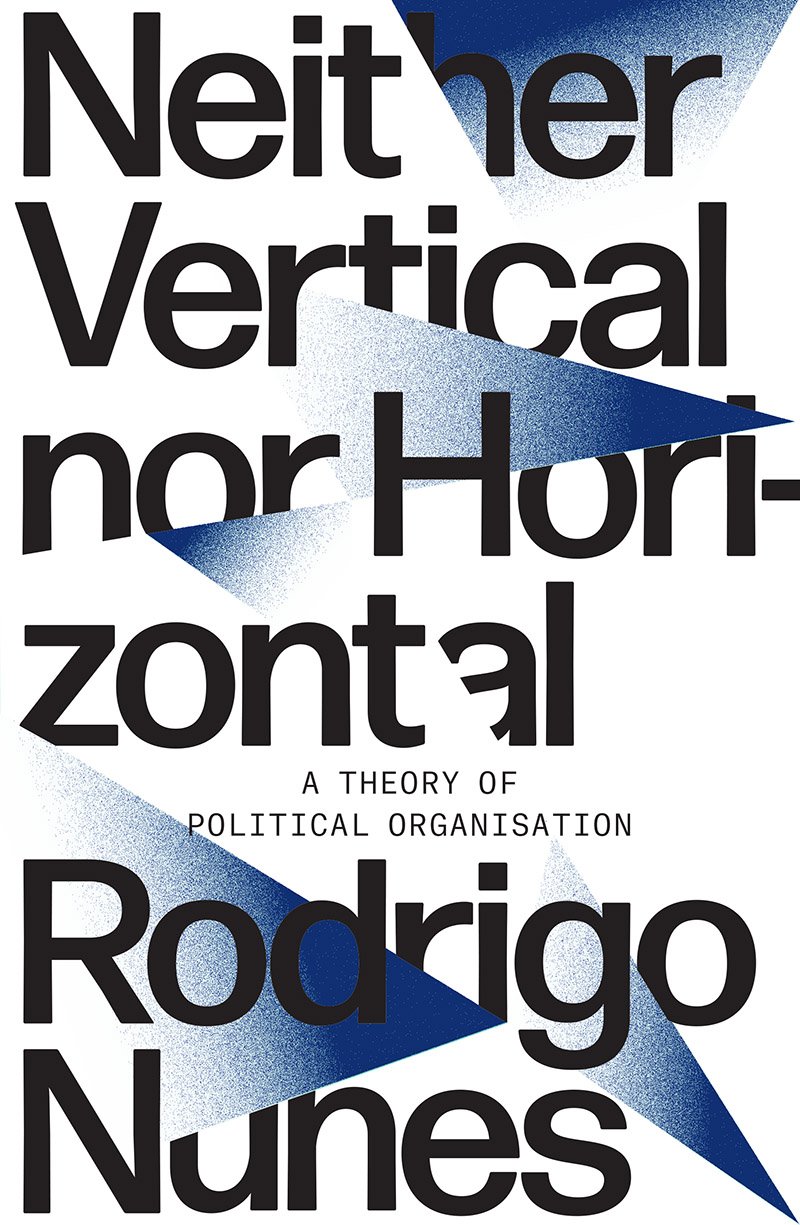
Platforms
Nick Srnicek’s formulation of “platform capitalism” (2017) provides an indispensable basis for an investigation of “Big Tech” and the wider digital sector it dominates. We look to extend this analysis in a number of directions. We consider platforms specifically in relation to the circulation of capital, the sphere of exchange, with its apparatus of selling, marketing, advertising, delivery and finance for accelerating the reciprocal transformation commodities and money, where the activities of Big Tech are especially concentrated. Building on this, we pursue the way the various positions assigned to “users” in these circulatory processes—as workers, “free labour” (Terranova 2001), entrepreneurial self-employees, data subjects, audience commodities and stock market investors—complicate the Marxian analysis of “labour-power”, and perhaps invite application of the Foucauldian category of “biopower”. Finally, we want to engage with ongoing analysis of how these platform positionalities generate a range of antagonisms within and against Big Tech, conflicts that can be atomized and isolated, or connected in a polygonal diagram of struggles.

Dispatches from the Place of Imminence | part 13
Dispatches from the Place of Imminence | Part 13

Dispatches from the Place of Imminence | Part 12
Dispatches from the Place of Imminence | Part 12

After the Internet: An Interview with Tiziana Terranova
Nick Dyer-Witheford and Alessandra Mularoni interview Tiziana Terranova about her forthcoming book, After the Internet, a collection of essays from the late 2000s and 2010s. We discuss the development of what she terms the Corporate Platform Complex, emerging conceptualizations of labour and struggle, as well as the potential for a digital commons.

Dispatches from the Place of Imminence | Part 11
Dispatches from the Place of Imminence | Part 11

Dispatches from the Place of Imminence | Part 9
Dispatches from the Place of Imminence | Part 9

Dispatches from the Place of Imminence | Part 10
Dispatches from the Place of Imminence | Part 10

Dispatches from the Place of Imminence | Part 8
Republished with permission from the Institute of Network Cultures.

Dispatches from the Place of Imminence | Part 7
Republished with permission from the Institute of Network Cultures.

Dispatches from the Place of Imminence | Part 6
Republished with permission from the Institute of Network Cultures.

Dispatches from the Place of Imminence | Part 5
Republished with permission from the Institute of Network Cultures.

Dispatches from the Place of Imminence | Part 4
Republished with permission from the Institute of Network Cultures.

Dispatches from the Place of Imminence | Part 1
Republished with permission from the Institute of Network Cultures.

Dispatches from the Place of Imminence | Part 2
Republished with permission from the Institute of Network Cultures.

Dispatches from the Place of Imminence | Part 3
Republished with permission from the Institute of Network Cultures.

The Traumas of Organization
Excerpt from Rodrigo Nunes’s Neither Vertical nor Horizontal: A Theory of Political Organization. Published by Verso, 2021.

Neither Vertical Nor Horizontal: Interview with Rodrigo Nunes
Nick Dyer-Witheford interviews Rodrigo Nunes

Analyzing frames in Antitrust and Big Tech (Part I)
This report is the first installment of a two-part investigation into antitrust framing before and after the maelstrom of the coronavirus pandemic. We begin our analysis with the period between December 2019 and May 2020. These six months are significant in that they mark the beginning of what became a global spread of an infectious disease and also the end of left-populist presidential campaigns run by Elizabeth Warren and Bernie Sanders. Following the results of the Democratic presidential caucuses in February, March is a particularly revelatory month, as news framing around antitrust is situated within the context of the global pandemic.

Breaking frames: Notes on a Research Methodology
Our project situates “big tech” in the turmoil of a “crisis of hegemony” (Fraser 2017) in twenty-first century US capitalism. To do so, we use a variety of tools: economic and labour market data; analysis of corporate statements and documents, of the policies, programs and promises of political parties, and of the manifestos and slogans of protest; and the insights of other scholars and social commentators. There is, therefore very much a “mixed methods” effort. However, one specific research technique, important to our academic discipline of Media Studies, seems at once preeminently suited for our study, and profoundly problematized by it: “framing analysis” of news media’s coverage of high technology issues.

Left Populism and Platform Capitalism
This paper contextualizes and analyses the policy proposals of new “left populisms” (Mouffe 2018) for the regulation and reform of the “platform capitalism” (Srnicek 2017) that increasingly organizes digital communication. The era of the 2008 crash and subsequent recession saw the emergence in North America and Europe of new left-wing electoral initiatives, either as new parties or fractions within older parties. These include, in the USA, Bernie Sanders and Alexandria Ocasio-Cortez Democrats; in the UK, Jeremy Corbyn’s Labour Party; in Spain, Podemos; in Germany, Die Linke; in France, La France Insoumise. While many of these groupings might be described as socialist, or democratic socialist, they often also distinguish themselves from older socialist or social democratic formations; so, for lack of a better term, we call them left populisms. Left populisms are connected in contradictory ways to the appearance of platform capitalism, a corporate model exemplified by Google, Facebook, Apple, Amazon and Uber, deploying proprietorial software as a launch-point for user activities accessing commodified or advertising-driven goods and services. The rise of left populism correlates with the ascent of platform capitalists. Left populist parties emerged from the anti-austerity movements (Occupy in the USA, the Indignados in Spain, student campus occupations in the UK) organized with the help of social media platforms. However, it is also the failures and scandals of platform capitalism have been important to left populism. Edward Snowden’s revelations of ubiquitous surveillance and the Facebook-Cambridge Analytica-Russian hacker imbroglio around the 2016 US election have fueled a “techlash” against giant digital corporations that is now an important component of left populist sentiment. Drawing on policy documents, manifestos, speeches, position paper, this paper analyses the policy platforms in which left populist parties confront platform capitalism around issues of content regulation; concentration of ownership; the rights of digital workers; alternative ownership models; and proposals for a high-tech driven transition to “postcapitalism” (Mason 2016). It considers the similarities and difference between and within left populist parties on these issues; the extent of their departure from neoliberal policies; and their differences, and occasional erratic similarities, with right-wing populisms, such as that of Trump. It then reviews critiques of left populism made from Marxist and ecological anti-capitalist positions, with particular reference to technological issues. The paper concludes with a summary of the opportunities and problems for a left wing “data populism” (Morozov 2016) in the current political conjuncture.
Keywords: left populism, platform capitalism, digital networks, capitalism, socialism, populism

